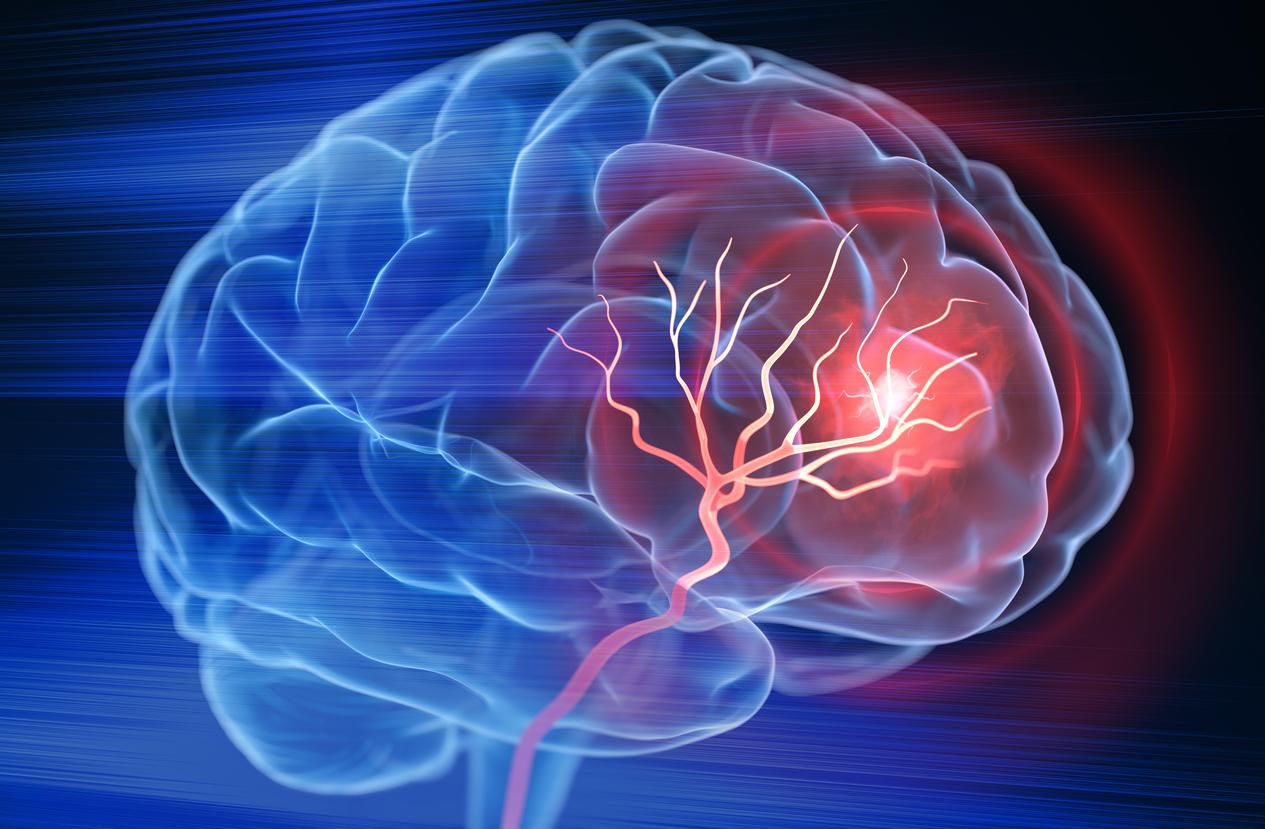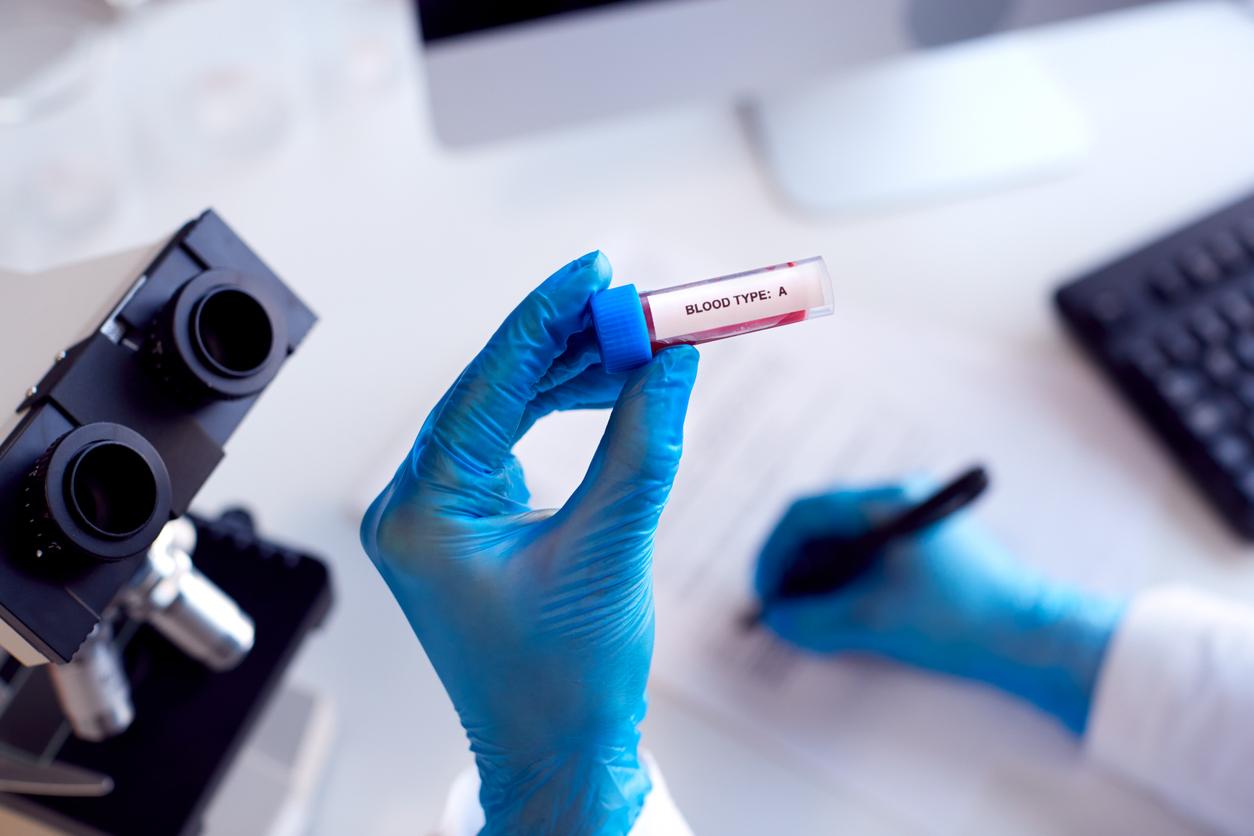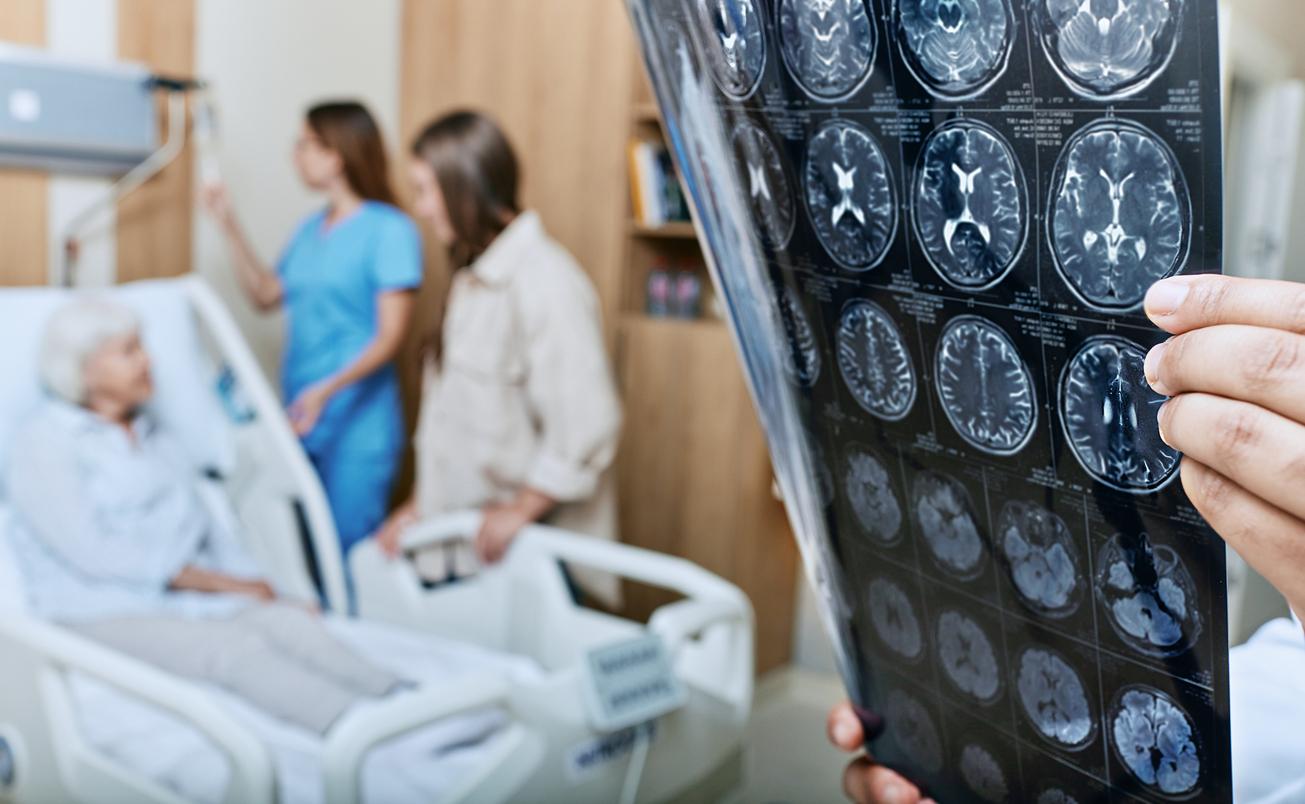Recognized for decades, the role of LDL-cholesterol in the formation of atheromatous plaques was the subject of the Nobel Prize awarded in 1985 to Joseph Goldstein and Michael Brow. It was at the same time that the statins which lower LDL-cholesterol by stopping its production by the liver, have arrived on the market. “Major advances in cardiovascular pharmacology, statins have been the subject of a number of studies never reached for any other treatment!” Says Professor Gabriel Steg of the Bichat Hospital in Paris. After a cardiovascular accident, several successive trials (4S, Care, Lipid, etc.) have demonstrated vividly that their use was associated with a marked reduction in the number ofmyocardial infarction and a reduction in cardiovascular mortality of the order of 10 to 15%. Results confirmed in 2010 by a meta-analysis (Cholesterol treatment trialists, CTT) which demonstrated the reduction in the risk of infarction or stroke of around 20% for each drop of 1 mmol / l in LDL -cholesterol.
Statins decrease mortality
No other drug used to lower bad cholesterol has been shown to have an effect on overall mortality! Hence the recommendations of the Haute Autorité de Santé (HAS) which reaffirm the interest of treating patients with a heart attack or stroke with a statin as a first-line treatment using the specialties best evaluated in terms of results, i.e. all statins (atorvastatin: Tahor and generics, fluvastatin: Lescol and generics, pravastatin: Elisor and generics, or simvastatin: Zocor and generics) apart from the most recent (rosuvastatin: Crestor) for which the effects on risk reduction and mortality are still under evaluation. The treatment is started at the lowest doses, the maximum effectiveness being obtained in about 4 weeks. The dosage is then adjusted according to the desired LDL-cholesterol level (less than 1 g / l after a heart attack), and the possible appearance of side effects, which are more frequent with increasing doses. As for other lipid-lowering drugs (ezetimibe, fibrates, colestyramine and omega 3), they are only considered in combination with statins, in case of intolerance to them or in the presence of a particular lipid abnormality (hypertriglyceridemia, hypo-HDLemia) . The treatment does not dispense with the lifestyle modifications recommended for cardiovascular prevention.
A treatment to watch out for
Like any effective treatment, it should be monitored. There are two clear side effects of statins. The first is the muscle risk which is often manifested by cramps or sometimes a moderate increase in muscle enzymes which, in this case, must be monitored (CPK and transaminases because the muscle risk increases in the event of liver disease). If the effect persists, treatment may be reduced or even stopped, as there are rare cases of rhabdomyolysis, a destruction of muscle cells. The second notable effect is the indisputable but modest increase in fasting blood sugar and a tendency for the emergence of more diabetes in patients on statins. There are drawbacks to be weighed against the positive effects of the treatment for each patient.
A safe long-term treatment
These drugs to be taken long term, it is legitimate to ask the question of their harmlessness. To answer this, we have fairly recent data from the follow-up over 11 years and 15 years of patients included in 2 large clinical trials (ASCOT LLA and WOSCOPS). “Very reassuring, they found no increase in an additional risk of cancer but on the contrary a reduction in all-cause mortality of 14%”, explains Professor Steg. A third study, HPS (Heart Protection Study) shows an average reduction of 23% in cardiovascular events 6 years after the end of the study and no increase in the incidence of cancer, in cancer mortality, even among patients. older patients. As for the risk of cerebral hemorrhage, a recent analysis of more than 250,000 patients shows no detectable increase in this risk with statins, regardless of the type of statin or the level of LDL-cholesterol starting point.
You knew it ? Watch out for grapefruit juice
the grapefruit juice increases the blood concentration of statins, their effectiveness and … the risk of side effects. Also beware of food supplements based on red yeast rice used against cholesterol, the health authorities have reported muscle or hepatic side effects similar to those of statins!


















